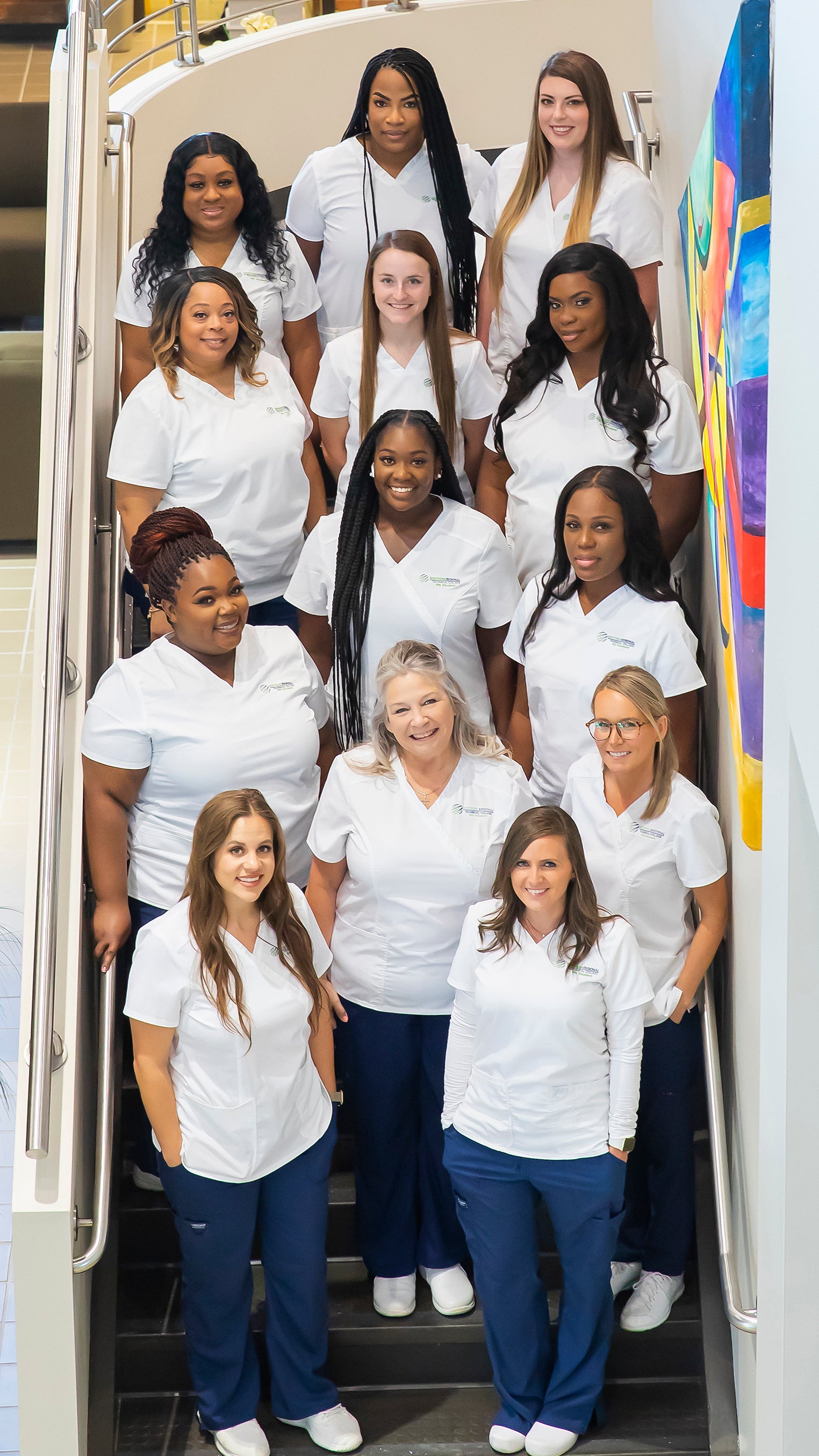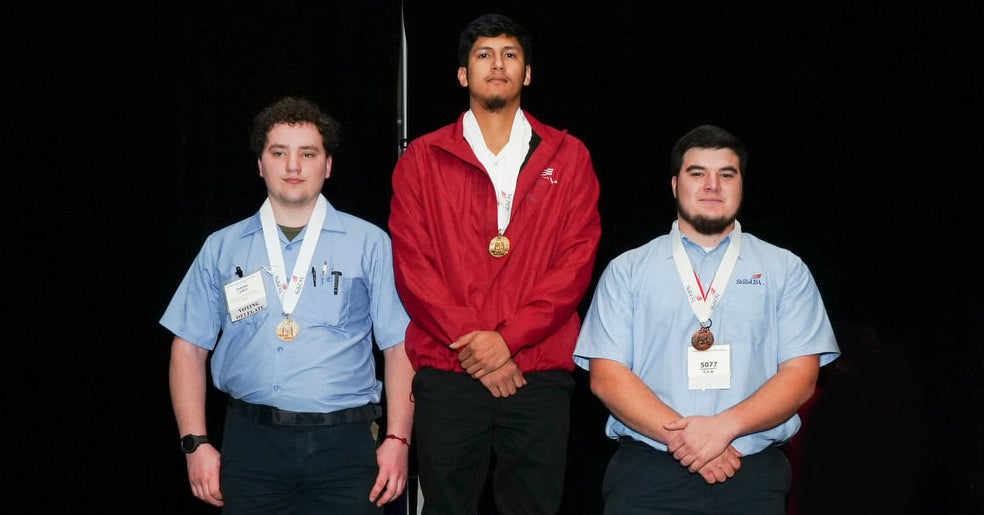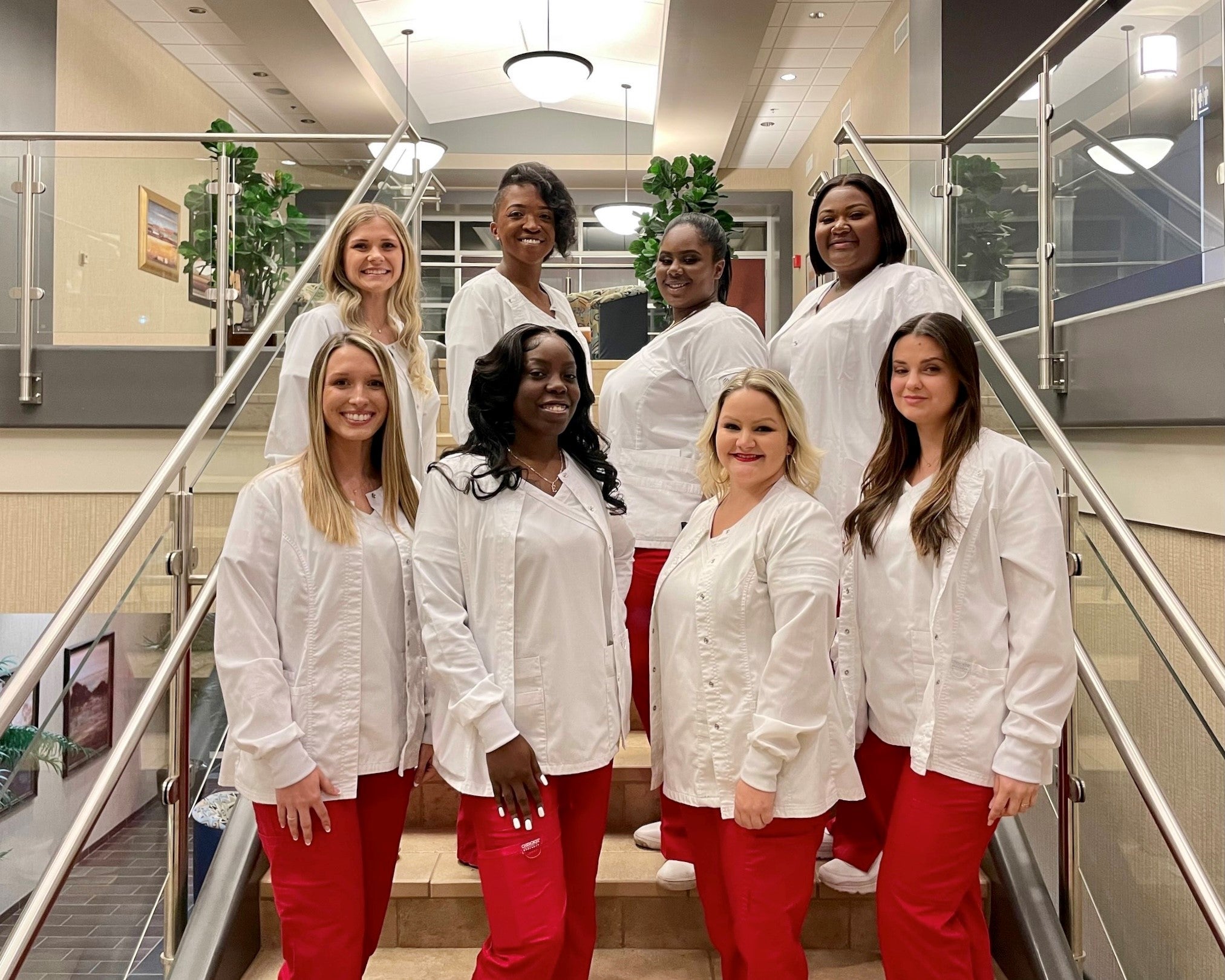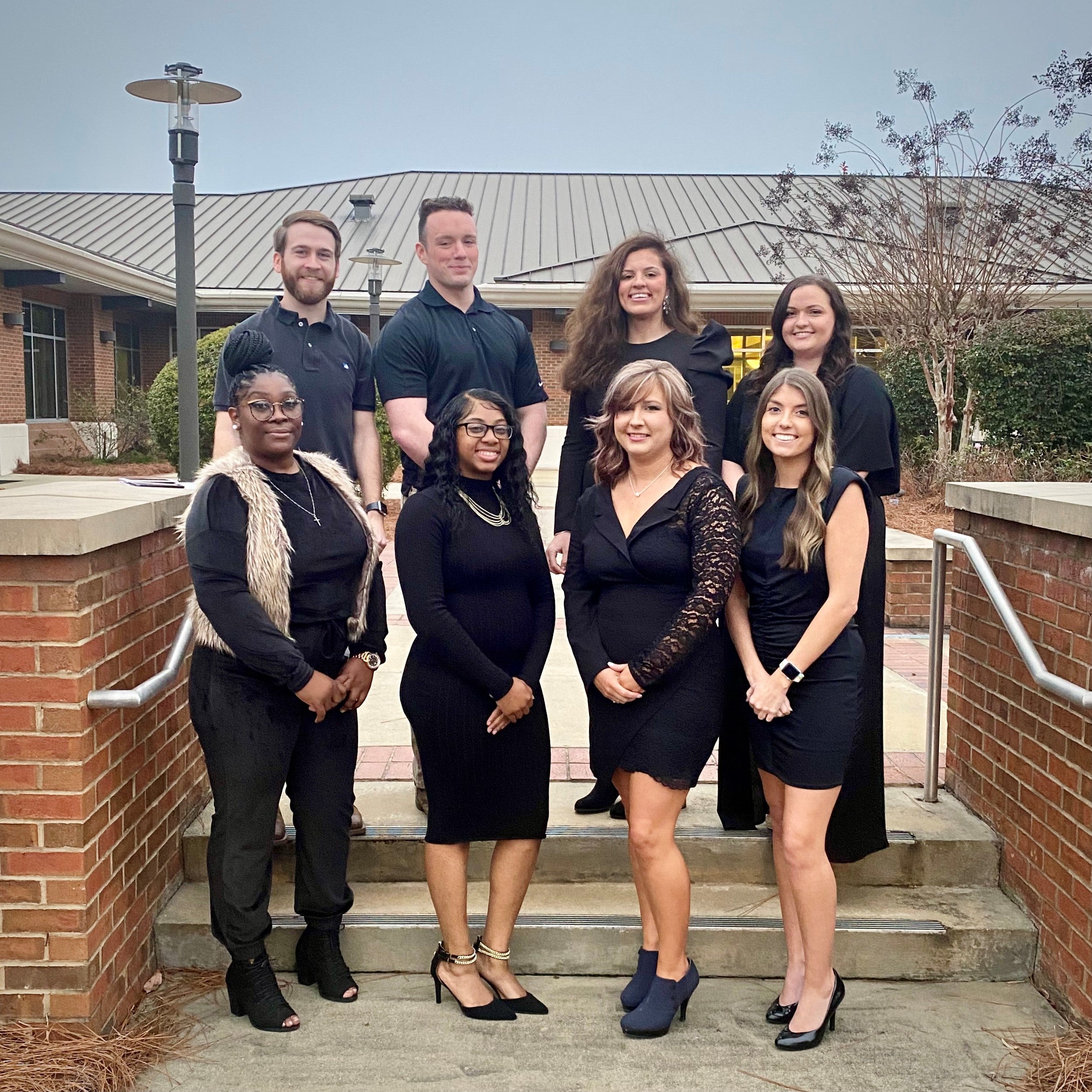Teaching excellence goes online at BC
Published 9:22 am Friday, January 27, 2012

DR. DAVID POLLOCK, the director of Bainbridge College’s Online Learning and the Center for Teaching Excellence, shows Assistant Professor of Technical Mathematics Sheila McLendon how to use new computer-based podium technology for use in the classroom as well as in creating online content.
By CAROL HEARD
BC Communications Specialist
Tucked away in a newly-renovated building of Bainbridge College’s main campus is a center devoted to supporting instruction at the college — but not the type of instruction from yesteryear.
The Center for Teaching Excellence, which is located in a recently renovated building that used to house the Continuing Education Division on the main campus, is developing and supporting teaching excellence in all BC courses, but here in the early days of its existence, is devoting much of its resources to improving online learning.
Online courses at Bainbridge College have increased from 20 five years ago to 146 this spring semester. The subjects may range from accounting, biology, English Composition to technical mathematics.
“It has increased regularly, pretty much annually, for years now. Students want it,” said Dr. David L. Pollock, BC’s director of Online Learning and the Center for Teaching Excellence. “Online classes solve a lot of problems. They solve space problems for the college because you don’t need physical space for the classes, and students just demand it more and more; they want online instruction.”
Students, especially non-traditional students, like online courses because they offer more flexibility so they can juggle jobs and families in addition to college classes.
“You can do the work at 3 in the morning if that works for you, instead of being tied to specific class times on campus,” Pollock said.
The challenge for the Center for Teaching Excellence is to ensure those online classes are as rigorous and as good a learning experience as any of the college’s face-to-face classes, Pollock said.
The Center for Teaching Excellence was created in January 2011 when new facilities were developed, and Pollock’s position was created to support the mission of the college’s Quality Enhancement Plan (QEP), a five-year plan to improve student learning as required by BC’s accrediting agency, the Southern Association of Colleges and Schools (SACS).
The BC community chose the topic of improving online learning as its focus. Among some of the goals of the center are to increase student retention and performance in online classes by better preparing students for online learning; and, equally important are to train faculty in online pedagogy and course design, and to ensure that all BC online courses are exemplary, which is where Pollock, the QEP and the center come into play.
A good online course has two components to it — a good design and how the instructor facilitates the course. Content can include a variety of media such as video, interactive activities and discussion, and good facilitating includes things like offering good feedback to the students as they progress through the content and keeping them engaged in the course.
The center, although just gearing up, contains a library that includes software for developing course content, a recording booth for faculty to record voice-over videos and an information technology training lab. Training opportunities for faculty will be coming very soon.
And the center is not just for online courses, but for courses that use a variety of teaching methods that perhaps combine traditional methods and online content.
Sheila McLendon, assistant professor of technical mathematics, uses the center to record videos she makes of the material for her students to watch before they come to class. Her students watch the video prior to class, so less time is spent in class presenting new material to them and they can move on to more hands-on learning activities, more one-to-one instruction and ultimately better understanding of the material.
In traditional classrooms, the professor lectures or presents the course content in class, and then students go home and work on the assigned problems. In a flipped classroom such as McLendon’s, these normal procedures are reversed, she said. Students watch short videos at home of the course content being explained and then come to class to do the “normal” homework problems and other learning activities.
“David (Pollock) has not only helped me learn how to make my own videos, but he showed me how to upload them to the class homepage,” McLendon said. “Having the resources at the CTE makes it so much easier for instructors to find ways to improve what we do and work toward the college’s goal of teaching excellence.”
Pollock said online and web-enhanced teaching is a very different animal than teaching in a face-to-face classroom.
“Faculty members need a different level of support, and the college as a whole just needs to work to ensure our online offerings are of the same quality as our face-to-face offerings,” Pollock said.
“With frequent feedback and other forms of contact, an online student can feel quite connected to the instructor and other students if the course is designed and managed effectively.”
Pollock’s diverse background plays right into the mission of the center. He earned a bachelor’s in mass communication and spent some of his career producing stories for Georgia Public Broadcasting and National Public Radio. At one point he developed an interest in counseling, earning a master’s and Ph.D. in counseling and family therapy. Pollock taught junior high school for three years and at Berry College for seven years, eventually becoming a department coordinator of Family and Community Services and serving on the education faculty before launching out on his own to produce educational media. One of his projects during that time was the design of a distance education program for Georgia Public Broadcasting. He came to Bainbridge to care for his ill parents in 2002 and originally worked as the Whigham School counselor until his parents required full-time care. When they both died about four years ago, he came to Bainbridge College originally as the instructional technology specialist.
“I like being part of an institution that’s trying to make people’s lives better. An institution like Bainbridge College offers people an opportunity for higher education that they might not get were it not for us being here,” Pollock said. “I like being a part of that.”





